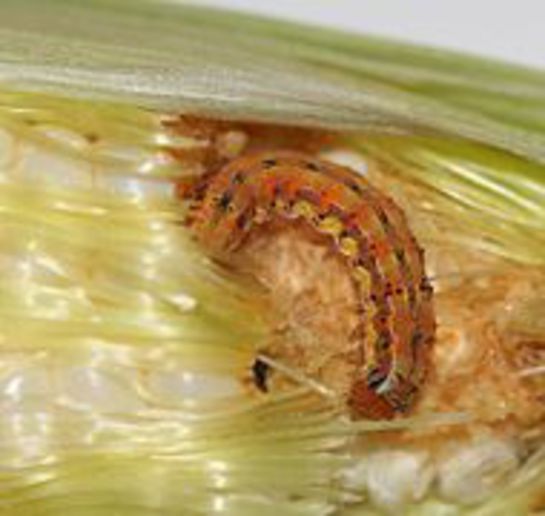The vast majority of people are not against the use of fertilizers, Roundup, Atrazine, GMOs, manure, herbicides, pesticides, and other ag chemicals when they are used responsibly. Let me repeat: WHEN THEY ARE USED RESPONSIBLY. The problem is that too many ag chemicals are now showing up in too many places where they should not be. They are showing up in: food; drinking water; rivers; lakes; neighbor's yards; etc, where their side effects are now causing harm to the public and to the environment.
Until ag chemicals started showing up it the wrong places, most people either believed they were good or they didn't care one way or the other about them. If we can find ways to keep ag chemicals in their place and to clean them up when they do escape, much of the opposition will eventually go away.
Tires, spray paint, aluminum beverage cans, plastic water bottles, leaded gasoline, and lead paint were all good things too, until tires were being dumped irresponsibly, graffiti appeared on public and private buildings, and empty cans and bottles littered the streets, road ditches, parks and drifted into peoples yards, smog blocked out the sun, and lead harmed our children. Eventually public outcry became so strong that there was no way to avoid taking steps to control the harmful side effects of these products. The producers who adapted their products to the new regulations survived and those who refused went out of business.
Many of the ag chemicals that are causing problems have been around for forty, fifty, sixty years. We have two and three generations of farmers who can't imagine ever going without them or that there is a need to change their operations to keep ag chemicals from causing harm to other people.
So far, too many response from some farmers and ag companies seems to come across as:
There's no way I can farm and control the spread of ag chemicals;
If I can't find a way to do it, it's impossible that any one else could either;
The public should just live with the side effects of ag chemicals;
Even though I'm the only one benefiting from ag chemicals, the taxpayers and the public should be the ones that have to pay for their cleanup;
The public can't survive without my product, you will buy what I produce and you will like it;
I'm irreplaceable, no other farmer can replace me, my landlord would never rent to someone else;
The problems don't exist;
The two 20 acre golf courses in the county are the only ones causing all the problems;
There is salmonella in your salad, chicken, ice cream and hamburger? Give us several months to find the source and maybe we will recall whatever has not been eaten by then;
There will always be enough hack politicians to protect the industry from regulations;
Regulations intended to protect small farmers don't make it easier for BTOs, investor groups and foreign corporations to move in. When that happened in the dairy industry it was just a fluke;
Your kids are being harmed? Well your kids probably were not going to amount to anything anyway, so no harm done;
Those probably is not what farmers and ag companies mean to say at all, but too often it does come across that way.
Despite appearances or perceptions, there is still a lot of good will between the public and farmers. Farmers do get a lot of break that home owners and other businesses don't:
Property tax breaks;
Farm equipment can block traffic on public roads in ways that no other industry is allowed.
Rural roads are heavily subsidized by urban ares, local and county taxes don't come close to paying for: $1,000s per mile annual maintenance and snow removal costs, half million dollar bridges, half million dollars per mile to rebuild gravel roads, etc.;
Farms and ag companies get by with employing a higher percentage of illegal aliens than any other industry;
Why put those breaks and public good will in jeopardy by refusing to control ag chemicals?


